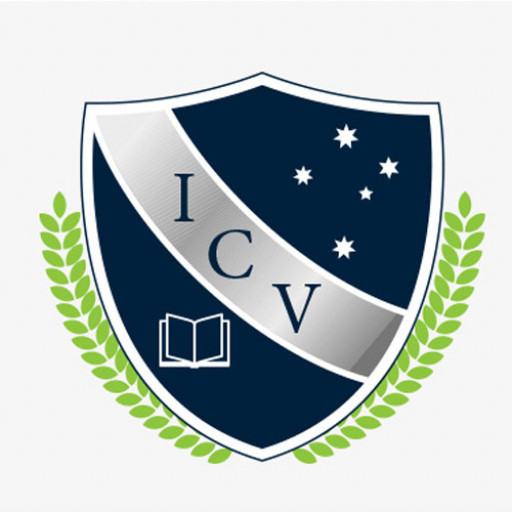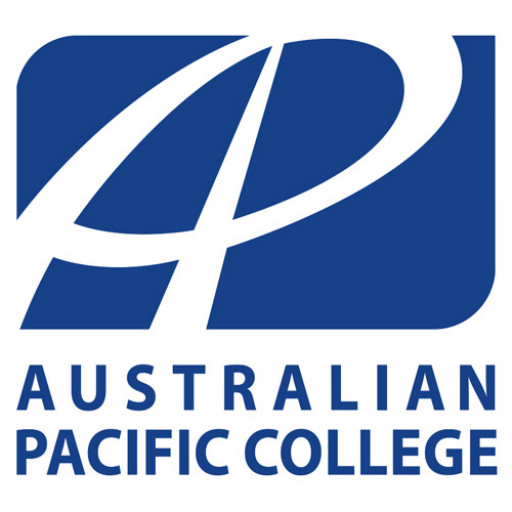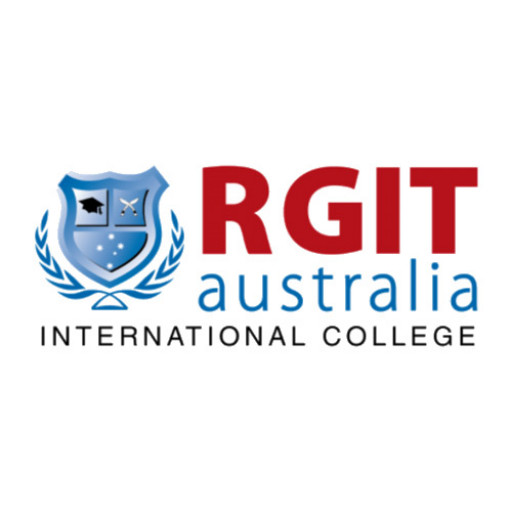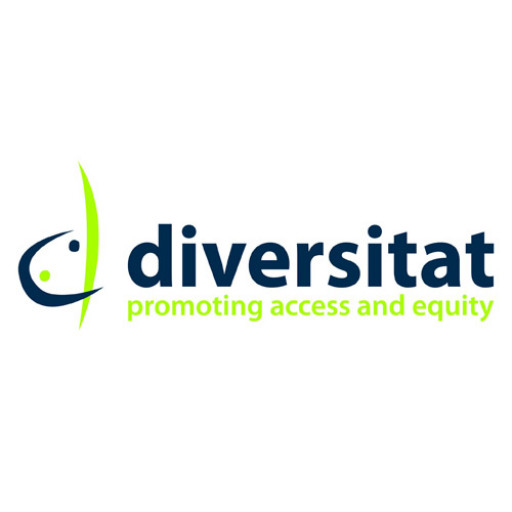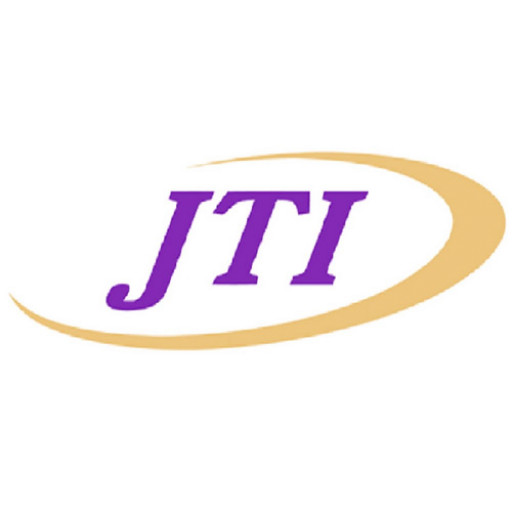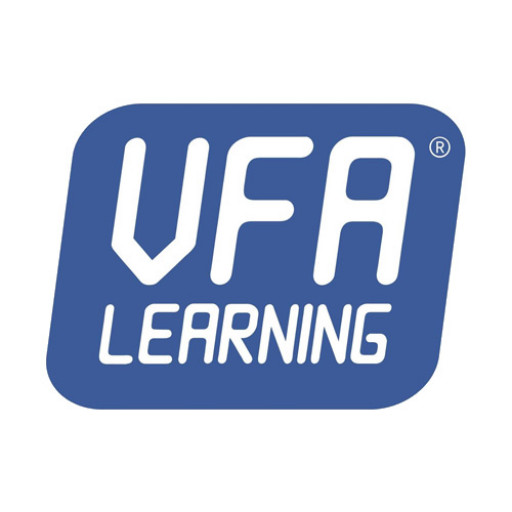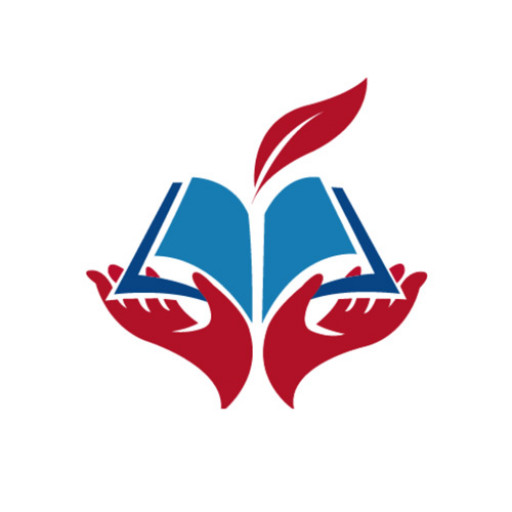Description
Teaching is a rewarding career choice for those who enjoy being part of children's development. The professional skills learned will be valued by the community and will bring teachers into contact with people of all ages. Teachers are members of one of the largest professions of our society.
The degree will give students the opportunity to develop the skills, knowledge and attitudes needed to become a successful secondary teacher. Students are encouraged to be independent learners who are able to adapt efficiently and constructively to meet the changes which occur in the teaching profession.
Teacher Registration: Students should note that teacher registration requirements vary from state to state. UNE bases its degree structures on the NSW Institute of Teachers guidelines, under the Australian Institute for Teaching and School Leadership framework for teacher registration. It is the responsibility of each student to check their eligibility to teach with the relevant state authority (including students who intend to teach in NSW).
Career Opportunities
Secondary teacher
Advanced Local, Family and Applied History at the University of New England offers an in-depth exploration of the intricate relationships between local communities, family histories, and applied historical practices. This program is designed for students who wish to develop specialized skills in researching, analyzing, and interpreting historical data within local and familial contexts, with an emphasis on applying historical knowledge to contemporary issues and community initiatives. Throughout the course, students will engage with a diverse range of topics, including local history methodologies, genealogical research techniques, heritage management, oral history collection, and the application of history in public history projects. The curriculum integrates theoretical frameworks with practical application, enabling students to conduct original research, evaluate historical sources critically, and communicate findings effectively to both academic and community audiences. Participants will have opportunities to work on community-based projects, contribute to local archives, and collaborate with heritage organizations, gaining valuable experience in applied history professions. In addition to advanced research skills, the program fosters critical thinking, ethical considerations in historical work, and a deep understanding of the social and cultural significance of history in shaping identities and communities. Graduates of this program will be well-equipped for careers in museums, heritage management, historical consultancy, archival work, and academic research, or may choose to pursue further postgraduate study in history or related fields. The program emphasizes a student-centered learning approach, offering mentoring and support from experienced academic staff dedicated to advancing knowledge in local, family, and applied history disciplines. With a commitment to community engagement and practical experience, the Advanced Local, Family and Applied History program at UNE prepares students to make meaningful contributions to preserving and understanding history at a local and family level while applying this knowledge in professional contexts.
Admission requirements for the Advanced Local, Family and Applied History program at the University of New England typically include a completed undergraduate degree in history, social sciences, or a related discipline from an accredited institution. Applicants may need to submit official academic transcripts demonstrating their academic performance and a competitive Grade Point Average (GPA), generally a minimum of 3.0 on a 4.0 scale, although requirements may vary depending on the applicant's academic background. Additionally, applicants are often required to provide a statement of purpose outlining their research interests and motivation for pursuing the program, along with a detailed curriculum vitae or resume highlighting relevant academic and professional experience. Some programs may require letters of recommendation from academic referees who can attest to the applicant's suitability for advanced study in history. Proof of English language proficiency, such as TOEFL or IELTS scores, might be necessary for international applicants whose first language is not English. The application fee must be paid according to the university's guidelines. Furthermore, applicants should demonstrate familiarity with research methods and have a foundational knowledge of local, family, and applied history topics. Prior research experience or relevant professional work in history-related fields can strengthen an application. Candidates for admission are usually selected based on academic merit, research potential, and alignment of their interests with faculty expertise. Once admitted, students may be required to complete prerequisite coursework, pass qualifying examinations, or participate in an interview process. The program emphasizes independent research, critical analysis, and the development of specialized knowledge in local, family, and applied history. Successful completion of the program typically involves coursework, comprehensive examinations, and the submission of a thesis or major research project. The university encourages a broad interdisciplinary approach and promotes engagement with community history projects, archival research, and applied historical methods. Overall, the program aims to prepare graduates for careers in academia, archival work, heritage management, public history, or further research in the field of history.
Want to improve your English level for admission?
Prepare for the program requirements with English Online by the British Council.
- ✔️ Flexible study schedule
- ✔️ Experienced teachers
- ✔️ Certificate upon completion
📘 Recommended for students with an IELTS level of 6.0 or below.
Related Scholarships*
- Academic Excellence Scholarship
"The Academic Excellence Scholarship can provide up to a 50 % reduction in tuition per semester. These scholarships will be renewed if the student maintains superior academic performance during each semester of their 3-year Bachelor programme. The scholarship will be directly applied to the student’s tuition fees."
- Alumni Study Travel Fund
Scholarships for students who are already attending the University of Reading.
- Amsterdam Merit Scholarships
The University of Amsterdam aims to attract the world’s brightest students to its international classrooms. Outstanding students from outside the European Economic Area can apply for an Amsterdam Merit Scholarship.
* The scholarships shown on this page are suggestions first and foremost. They could be offered by other organisations than University of New England.
Funding
The University offers a number of faculty/college and country scholarships available to Australian citizens and permanent residents.
The Advanced Local, Family and Applied History program at the University of New England is designed to provide students with a comprehensive understanding of the historical development of local communities, family histories, and applied historical methods. This program aims to equip students with advanced research skills, critical analysis abilities, and practical experience in historical investigation and interpretation. The curriculum emphasizes the importance of local history, encouraging learners to explore the social, cultural, and political aspects that have shaped specific regions or communities over time. Students will engage with a variety of primary and secondary sources, adopting methodologies that are relevant to historical research and public history practices. The program also offers opportunities to learn about applied history, which involves utilizing historical knowledge in contemporary settings, such as community development, heritage management, and policy-making. Throughout their studies, students will participate in projects that require rigorous analysis, problem-solving, and the presentation of findings in a clear and compelling manner. The program prepares graduates for careers in heritage organizations, museums, archives, local government, educational institutions, and consultancy services focused on history and cultural resource management. Additionally, the program fosters skills in communication, teamwork, and project management, essential for successful professional practice in historical fields. Students may have access to internships, fieldwork, and collaborations with community organizations to enhance their practical experience. The faculty comprises experienced academics and professionals dedicated to providing high-quality education and mentoring. The Advanced Local, Family and Applied History program at UNE reflects the university's commitment to fostering a detailed understanding of history with an applied perspective, aiming to produce graduates capable of contributing meaningfully to the preservation, interpretation, and use of historical knowledge in various sectors.


